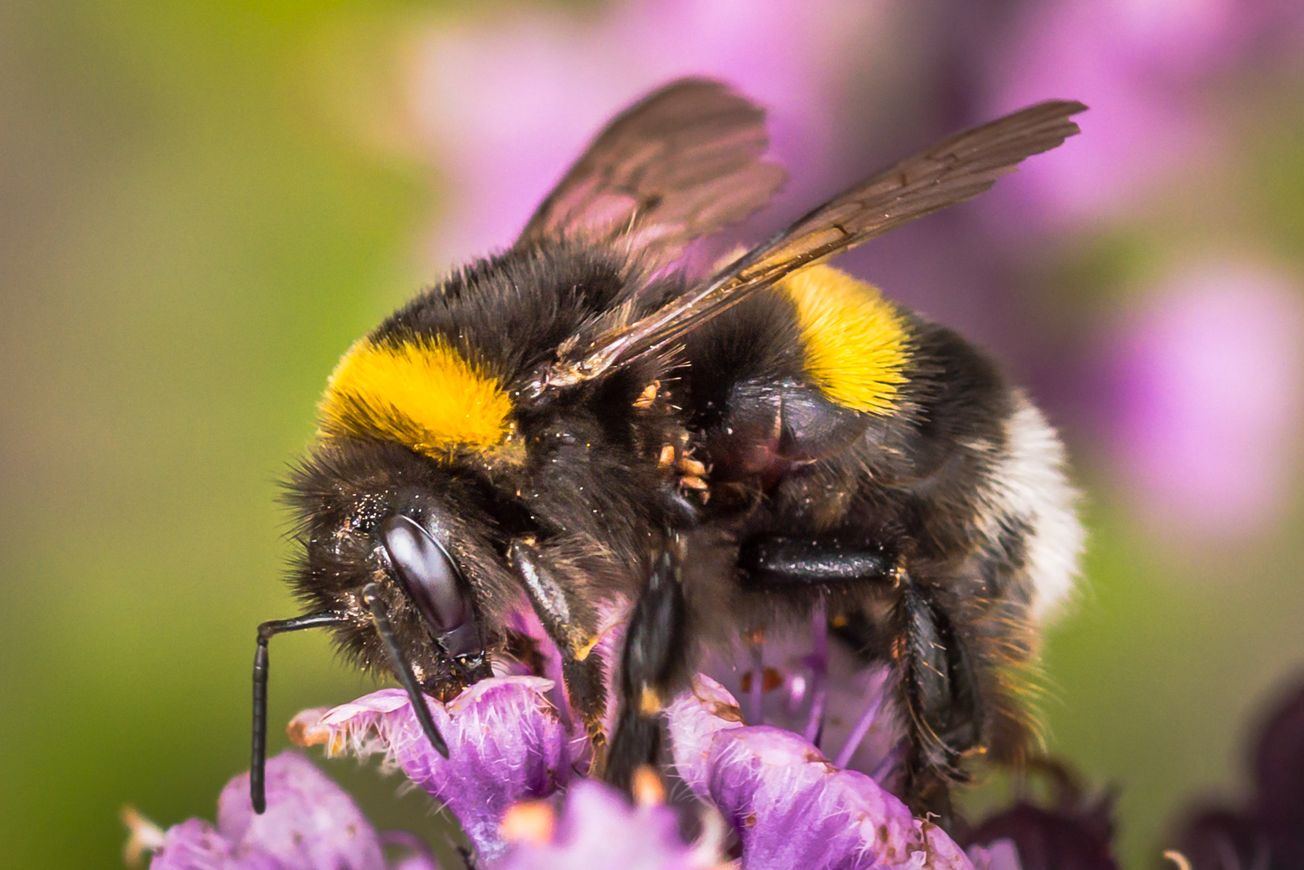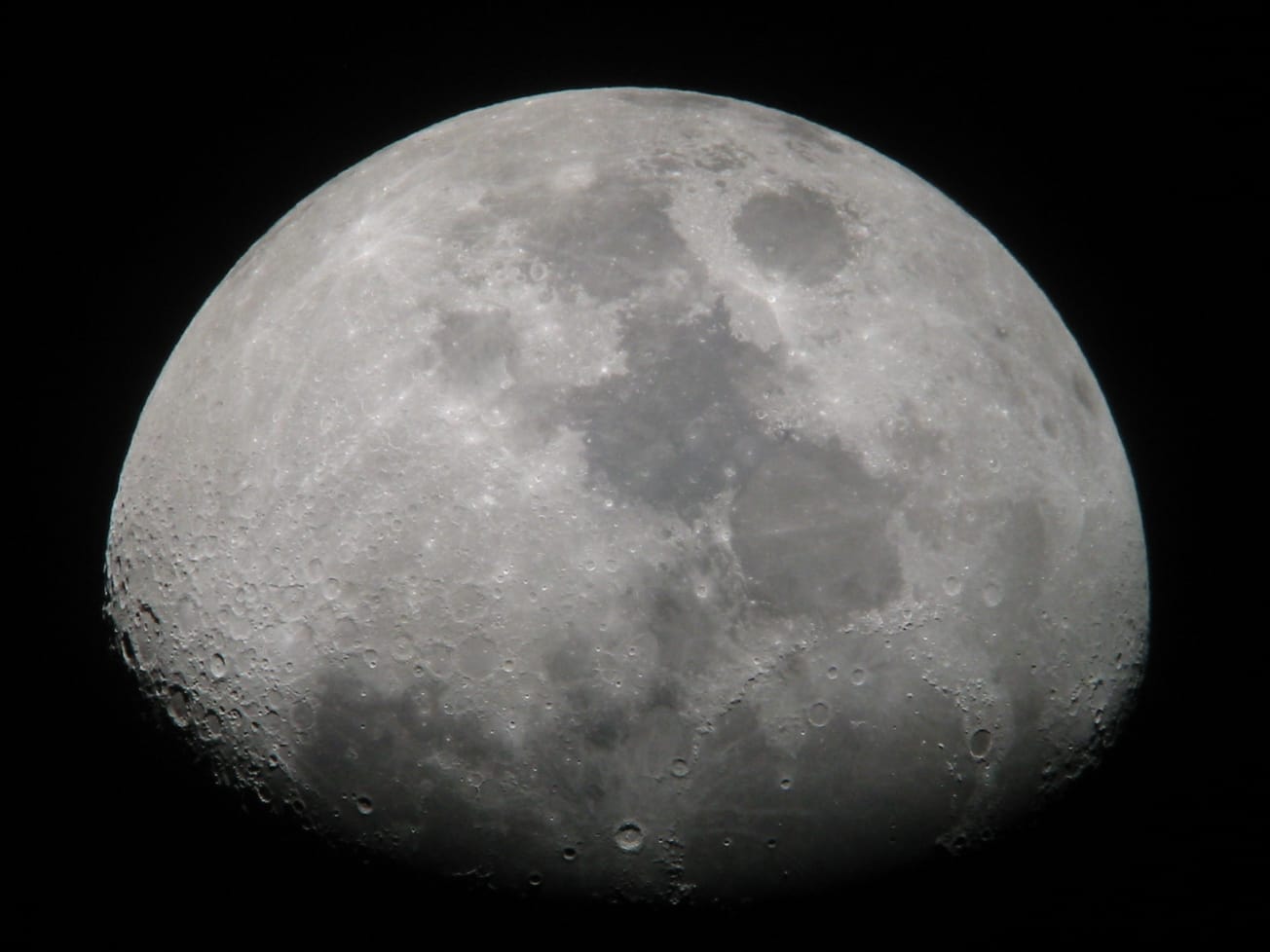By Jade Bruce, Second year, Cellular and Molecular Medicine
Climate change has a global impact. University of Bristol scientists are leading an international team to investigate how climate change may lead to the decline of pollinators and the effect this may have on human.
Spring and summer are the months where blossoming trees line parks, flowers of every colour erupt into full bloom and bees whizz from plant to plant. Although – despite being the most well-known – bees are not the only pollinators which deserve our recognition. From beetles to bats, an array of pollinators provides a free yet vital service of transporting pollen between plants necessary for fertilization.
Researchers at the University of Bristol have received €1 million from The Belmont Forum to lead and collaborate alongside an international team, investigating the effects of climate change on pollinators, and in turn on human diet and health.

Unpredictable weather patterns, shifting timing of seasons and extreme temperatures associated with climate change, put pollinators under threat. The concerning decline in their populations is currently being observed all around the world. A study carried out by The WWF and Buglife, in the east of England, found that 17 species of bee have already gone regionally extinct.
Indeed, around 90% of the world’s wild plants and ¾ of crop species depend primarily on animal-mediated pollination. Pollinators around the globe are key to ensuring that there is nutritious food on our supermarket shelves and in our fridges. This essential service has been placed in jeopardy due to the far-reaching impacts of climate change.
Around 90% of the world’s wild plants and ¾ of crop species depend primarily on animal-mediated pollination
Pollination enables the production of seeds and is an essential process for the reproduction of many different plants. Transfer of pollen can occur through several means, such as by wind and water. However, the most common and efficient pollination method is animal-mediated. Animals pollinate a wide range of plants, including those which produce fruit, vegetables, nuts, and spices.
The decline of pollinators does not only have a destructive effect on biodiversity, but also a major impact on global food production. The term ‘ecological Armageddon’ has been aptly coined to describe the loss of our pollinators. Pollinator decline is closely correlated to more frequent declines in the crop yields they pollinate.
It is crucial that we protect the diversity of bees that we have in this country, as they each play unique roles within our natural world. If you’re interested in helping bees & other pollinating insects in the UK sign up to take #ActionforInsects: https://t.co/7a2aW15ZUB pic.twitter.com/1dztFnRWvS
— Avon Wildlife Trust (@avonwt) May 16, 2020
This is predicted to have negative impacts on human health, as the essential micronutrients which we get from these foods, such as folate and Vitamin A, are thus lacking from our diet. Food insecurity, as well as decreased access to healthy food and subsequently increased food prices, are therefore possible outcomes of pollinator losses due to climate change.
Access to affordable food remains a challenge for the 736 million people worldwide living in extreme poverty. Pollinator decline threatens to exacerbate the existing barriers to sufficient and nutritious diets. The Bristol research team is focussing their investigations on Nepal, where many already suffer from severe micronutrient deficiencies.
Access to affordable food remains a challenge for the 736 million people worldwide living in extreme poverty
Developing countries, have a greater reliance on the micronutrients found in pollinator-dependent crops, and less access to foods or supplements that could replace these lost. Hence, as seen across many global issues, the impact of pollinator loss is not felt equally – certain countries will be disproportionately harmed.
Loss of pollinators could also result in rising rates of micronutrient malnutrition and – maybe unexpectedly – obesity. This is likely due to the fact that people are forced to turn to cheap, high energy, but less nutritious staple foods. The decline of insect pollinators is representative of the wider decline of biodiversity due to human behaviour.

The world’s climate is our natural life-support system, which provides us with dependable ecosystem services. Climate change and public health are not mutually exclusive: a climate crisis is a public health crisis.
What can one do to tackle this crisis? Jane Memmott, Professor of Ecology at the University of Bristol School of Biological Sciences, said: ‘Climate change is a critical global issue that is already affecting pollinators but, at a local level, pollinator declines can be reversed. Additionally, if the effect of climate change on pollinators is understood, habitat management can be used to mitigate against its effects.’
Climate change and public health are not mutually exclusive: a climate crisis is a public health crisis
More locally, we can restore the damaged habitats of pollinators and attract them back into gardens and cities by planting pollen-rich flowers, providing water and creating nest sites for wild pollinators.
Some food for thought: maybe next time you see a bee buzzing by, don’t swat it away in fear… instead, thank it for doing such an almighty job.
Featured: Frank Lammel / UN Women / Asif A. Ali | flickr
Are you pleased by the University of Bristol’s efforts into exploring the effects of climate change on pollinators and human health?









